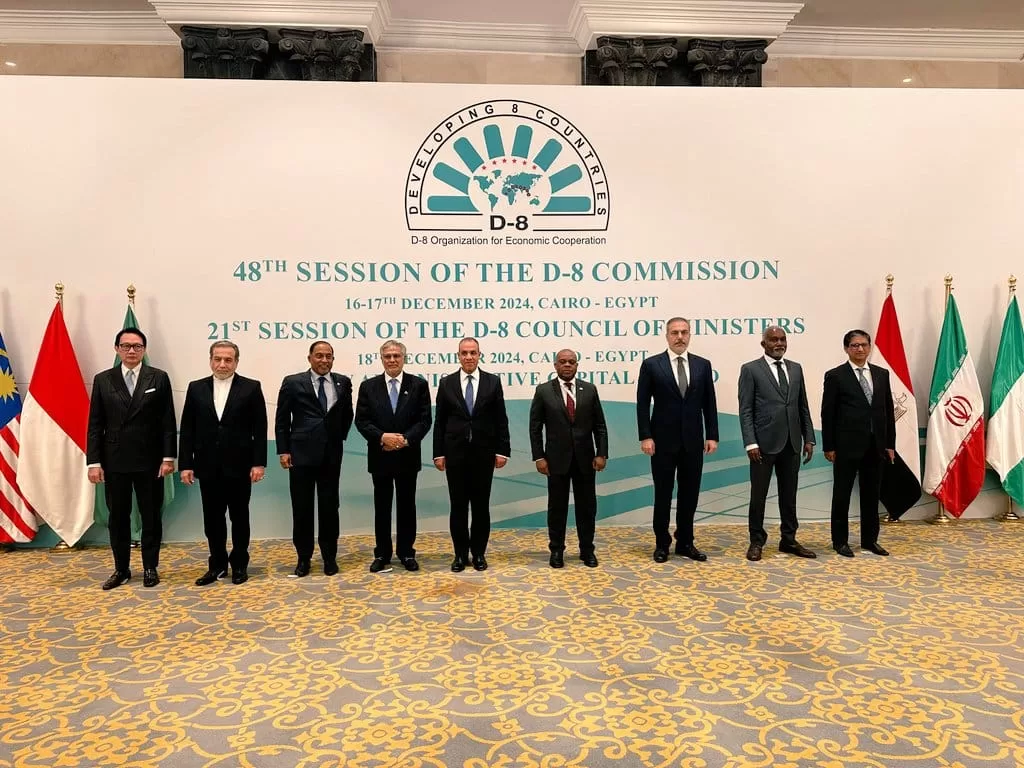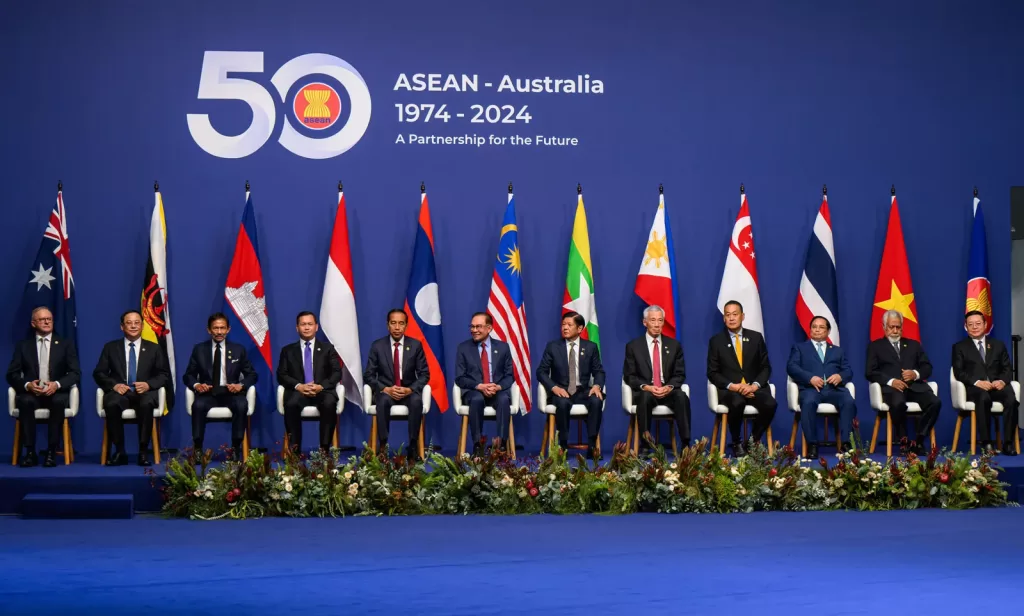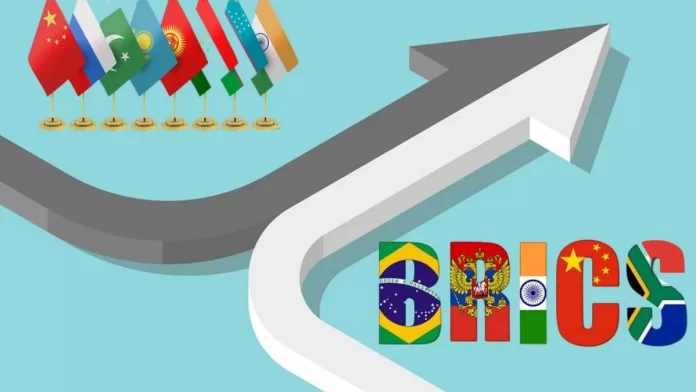Quite often some new terminology is coined in geo-politics that appear to be valid yet inherently not that lucid. People, especially students of politics and decision makers rush to threadbare analyse these terms and identify benefit for own. One such very famous term was ‘Globalisation’ which inherently meant to connect the world to reap common good. It was propagated that through globalization, poverty, social ills and illegal activities would be eliminated and our earth would be a habitat of one peaceful community looking after each other. Has it happened the same way? Not exactly and the countries with powerful economies have intensified the stringent measures over trade to yield dividends that stood to be one sided.
It was evident ultimately that despite the slogan of Globalisation, the benefits were restricted to a few countries and it was natural that blocs emerged in various parts of the world. It was not restricted to blocs only, but the dynamics led to the formation of consortiums and organisations like ECO, BRICS, SCO, CICA, D8 etc where like minded countries gathered to work together and accrue financial upheaval.
Most of these arrangements are quite selective in admitting other countries, especially the weaker economies as such entrances would endanger them too. The very purpose of globalisation therefore dissipated, and it came to bloc politics based on financial interests. Geography is perhaps the biggest factor that binds nations together and one cannot get detached from its neighbours notwithstanding how the mutual relations may be. Also, the geographical advantages and disadvantages that countries have make a workable combination between them.
Had Globalisation been based on geographical variables, it would have paid more constant dividends than what it has now. The associations like EU, ASEAN, AU, etc developed on the basis of geography have been more consistently profitable.
A careful study of such organisations reveals that geography has played a pivotal role in the bonding between countries belonging to these organisations leading to shared prosperous destiny. Pakistan has an impressive connectivity both maritime and land. Its geostrategic location at the cusp of West Asia, Central Asia, South Asia and Far East Asia produces tremendous opportunities not only for Pakistan but for the countries of other regions as well. Its land contiguity with Central Asia via Afghanistan and maritime proximity to West and Far East Asia are but a blessing.
In the Central Asian region, Azerbaijan is situated at a strategically important location providing connectivity between South Asia, Central Asia and Europe and it is a vibrant and liberal economy which is envisaged to thrive further under the leadership of President Ilham Aliev.
Azerbaijan is a cradle of natural resources and is destined to rise. Its immense potential has led it to become part of SCO, CICA, SCO and of late the D8 Organization for Economic Cooperation. In December 2024, Azerbaijan was included in D8, which was the group’s first ever expansion since its inception.
D8 is a group of developing countries whose economies showcase a promising future. Inclusion of Azerbaijan just reaffirms the sign of its strong economic trajectory and will provide D8 countries with new emerging markets for enhanced collaborations in the industrial sector and global supply chains.

Interestingly Azerbaijan also facilitates the transport corridor between Asia, Middle East and Europe and hence makes it a pivotal country for regional connectivity. Pakistan and Azerbaijan share this forum which is yet another platform for interaction and interplay between both.
As alluded to earlier, the geographical advantages that both countries enjoy respectively, can be the binding force which will accrue economic premium both truly deserve. However, there is a need to strategise this path of common good and the first step that needs to be undertaken is the enhancement of public diplomacy. It is very important to identify the mutually attractive avenues that can bring both countries and their people not only closer but also make them prosperous.
CARs, Pakistan and Azerbaijan specifically must focus on the bloc, bounded by geography, they belong to. It is a universally acceptable fact that the cheapest trade is only possible with one’s neighbour.
The bloc governed by geography tends to nurture neighbourhood which is stronger than the friendship between the countries living miles apart.
The accessibility that Pakistan and Azerbaijan enjoy with respective regions needs to be leveraged, that is hitherto lying untouched. It will include other countries in and beyond the region as well such as China, Iran, Afghanistan, CARs, Türkiye, Europe, the Middle East, Africa and the Far East.
It apparently seems to be encompassing most of the world but that’s how a bloc taking birth with the interplay of geography spirals out to far areas who also feel a desire to be part of a thriving, prosperous region or group of countries.

We can say that a bloc based on geographical variables becomes a living space, lebensraum, which expands as others also like to be part of it and ultimately join in.
While the developed world has formed blocs which are predominantly political and economic in nature, the countries in Asia have strong geographical reasoning to form blocs based on their layout and locations. This is expected to be a stronger logic to bind countries together and rise with each other. However, this is not a subtle way to follow and requires a lot of spade work that the countries like Pakistan and Azerbaijan need to carry out, first mutually and then collectively with others. There is a need to further realisation of the concept among the regional countries making use of good diplomatic relations.
Above all, there is a need to enhance people to people contact who can very conveniently identify the converging avenues that are profitable for all sides.




